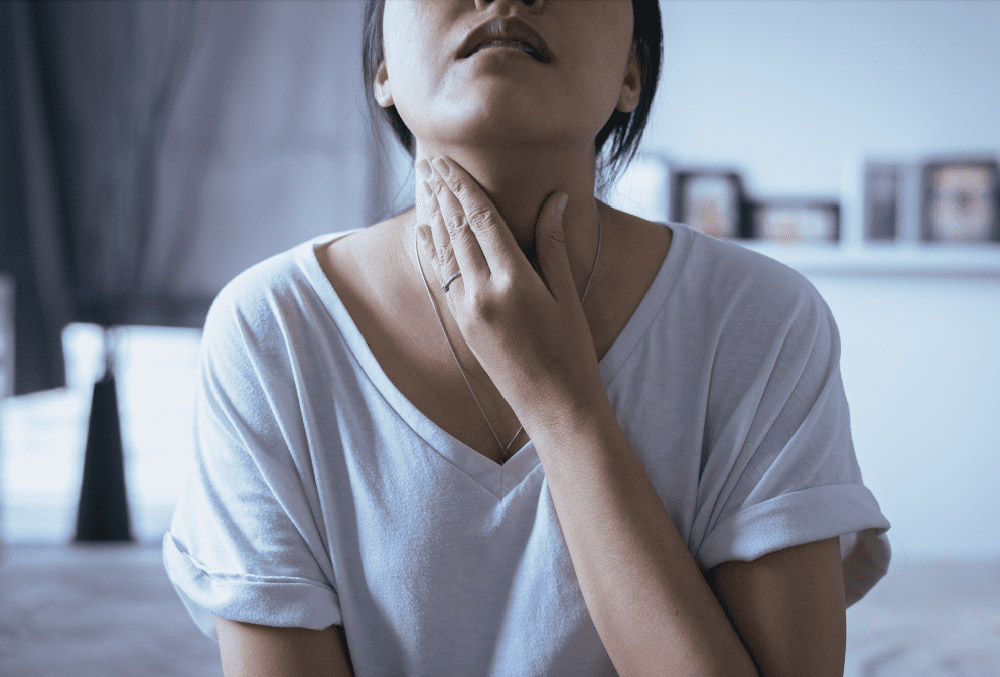Expert Treatment for Erosive Gastropathy by Dr. Bharat Pothuri
Dr. Pothuri uses a step-by-step approach:
Medical History and Physical Exam
He asks about your epigastric pain-onset, duration, and triggers-along with NSAID or alcohol use, stress levels and any prior GI issues. A focused abdominal exam checks for tenderness or guarding.
Blood Tests
We draw a complete blood count to look for anemia from bleeding. Basic metabolic panels and liver enzymes help rule out other causes of upper-abdominal pain.
Non-invasive H. pylori Testing
- Urea breath test to detect active H. pylori infection.
- Stool antigen test for ongoing bacterial presence.
Upper Endoscopy (EGD)
This is the gold standard: a flexible scope lets Dr. Pothuri directly visualize erosions, assess their severity, and identify any bleeding sites in the stomach lining.
Biopsy and Histology
During your EGD, small tissue samples are taken to confirm H. pylori, rule out malignancy and evaluate the degree of mucosal injury.
Frequently Asked Questions
What is the ICD-10 code for erosive gastropathy?
Doctors most often use K29.5 when bleeding is present. Your provider may select additional or more specific codes based on endoscopic findings and clinical details.
Can erosive gastropathy go away on its own?
Mild cases frequently improve with diet modifications, acid-reducing medications, and removing irritants like NSAIDs or alcohol. However, supervision by a gastroenterologist helps ensure proper healing.
How long does recovery typically take?
With appropriate treatment-acid suppression, lifestyle changes, and, if needed, H. pylori eradication-most patients feel better within 2-4 weeks.
Is erosive gastropathy the same as a peptic ulcer?
No. Erosions are shallower, involve only the superficial lining, and are usually smaller than true ulcers, which penetrate deeper layers of the stomach wall.
Will I need a follow-up endoscopy?
If you continue to have symptoms, persistent bleeding, or risk factors such as ongoing NSAID use, Dr. Pothuri may recommend a repeat endoscopy to confirm healing and rule out other issues.
Are there long-term risks if left untreated?
Yes. Chronic erosive gastropathy can lead to ongoing blood loss, iron-deficiency anemia, or more extensive mucosal damage, increasing the risk of complications.
How do I prepare for an upper endoscopy?
We'll provide clear, written instructions. Generally, you'll fast for 6-8 hours before the procedure and stop certain medications temporarily. Our team guides you at every step to ensure your safety and comfort.












